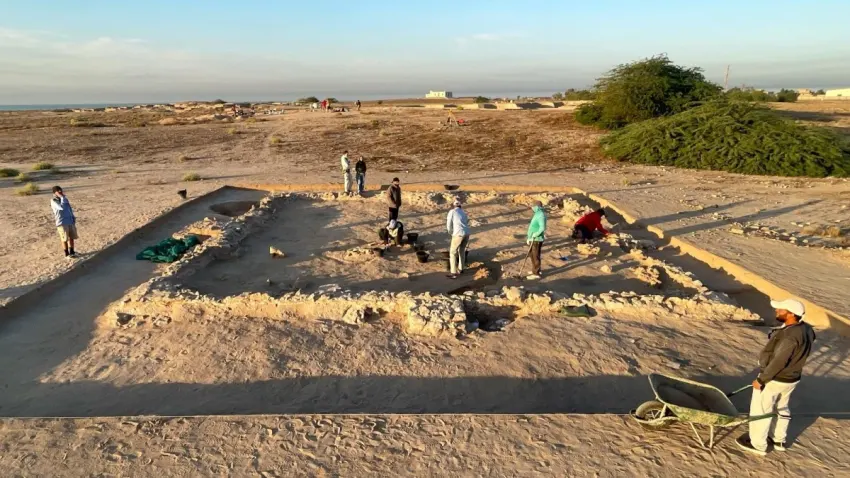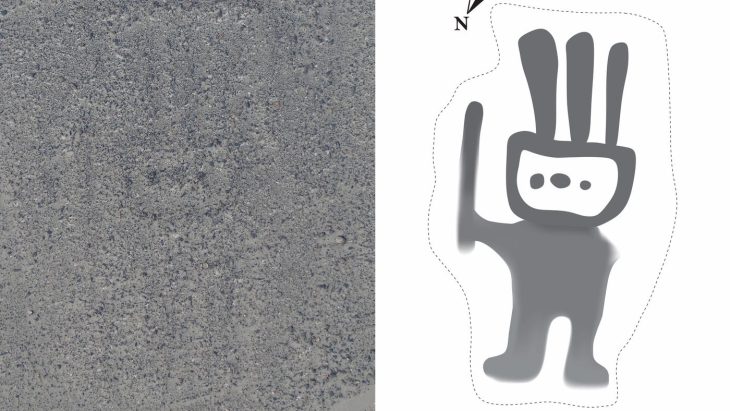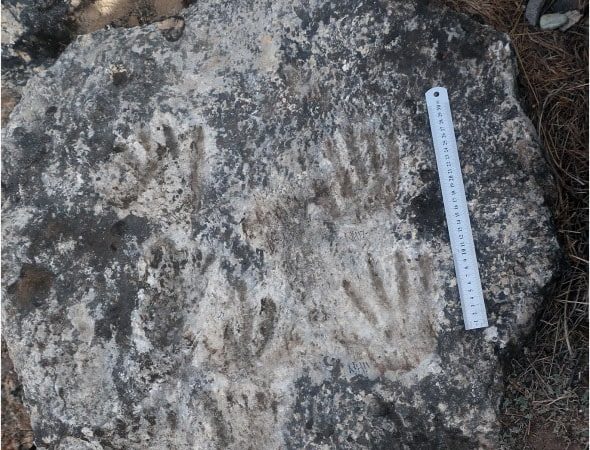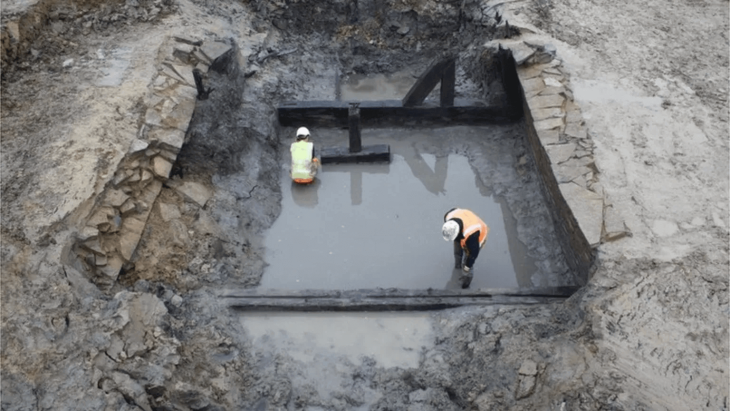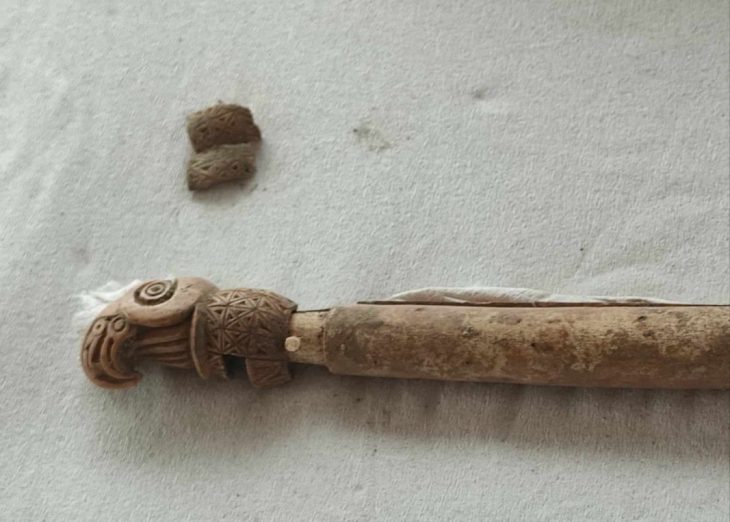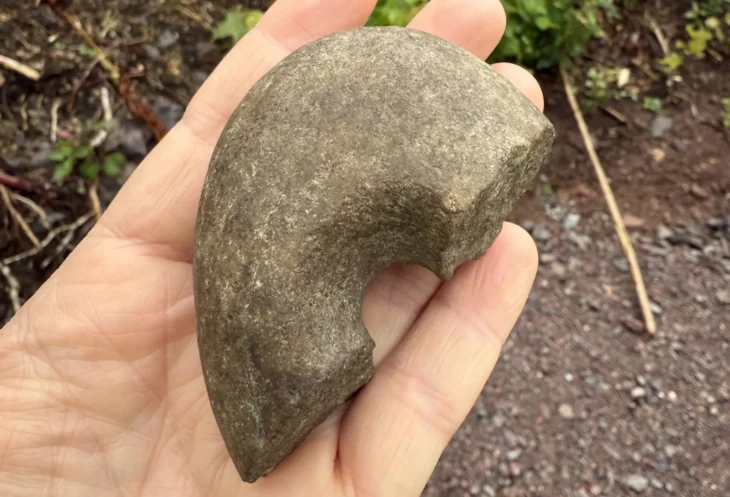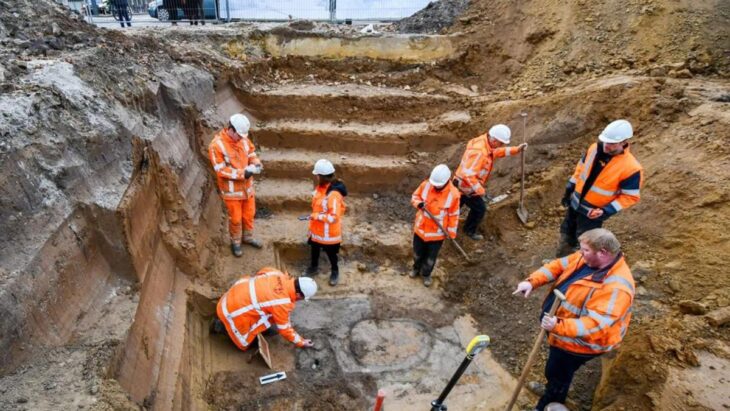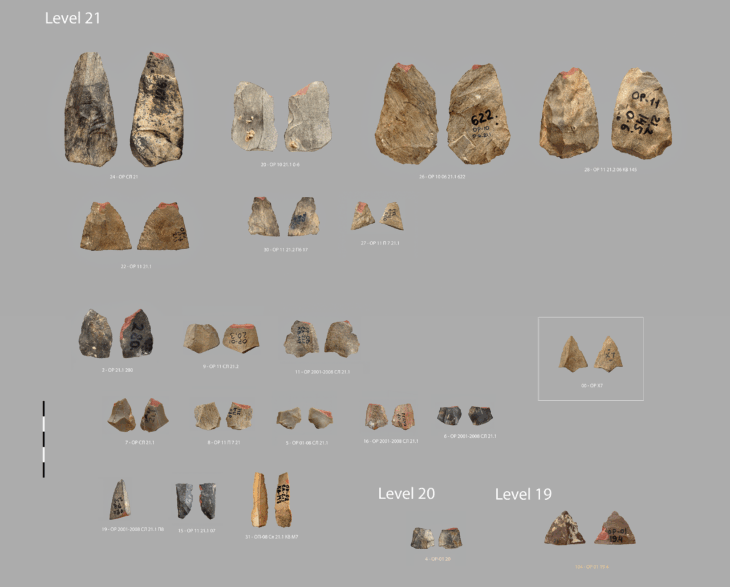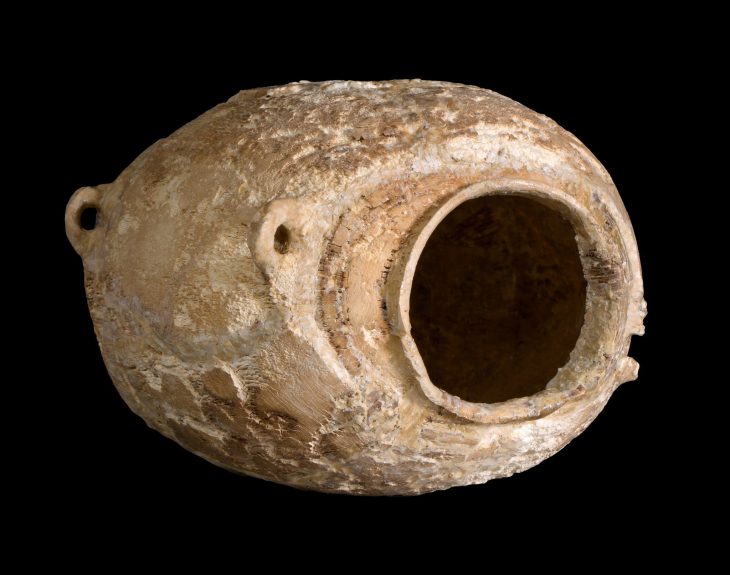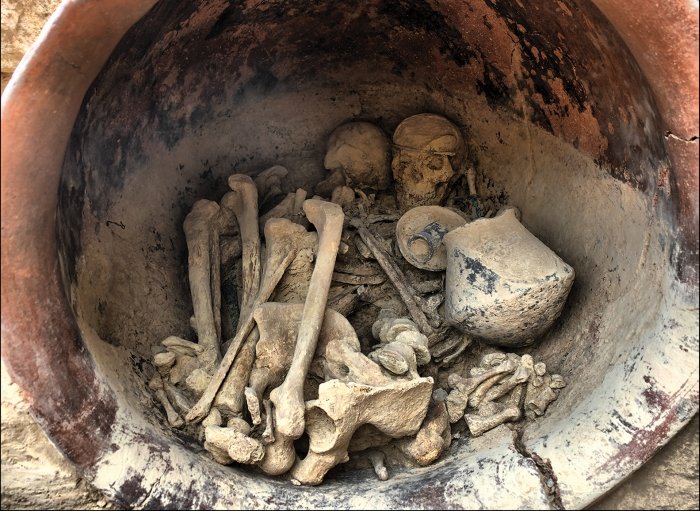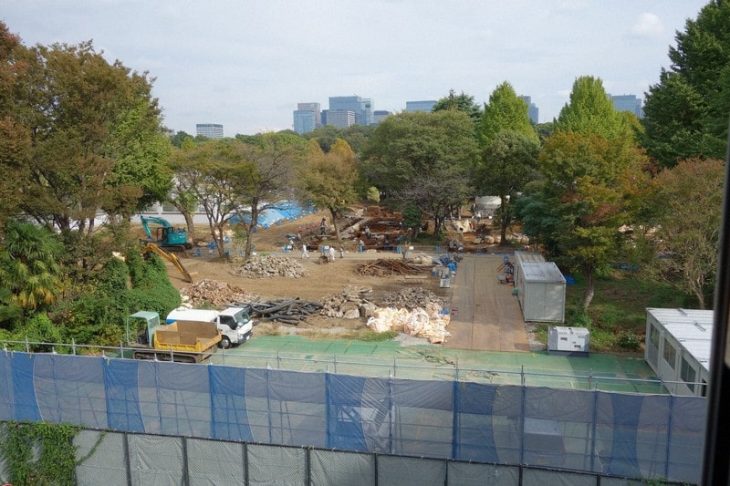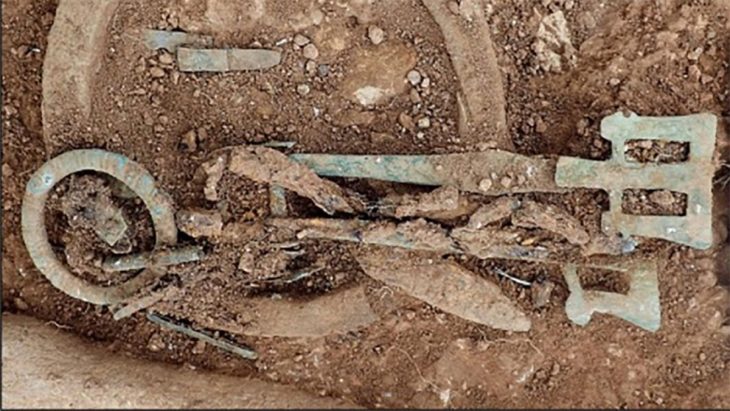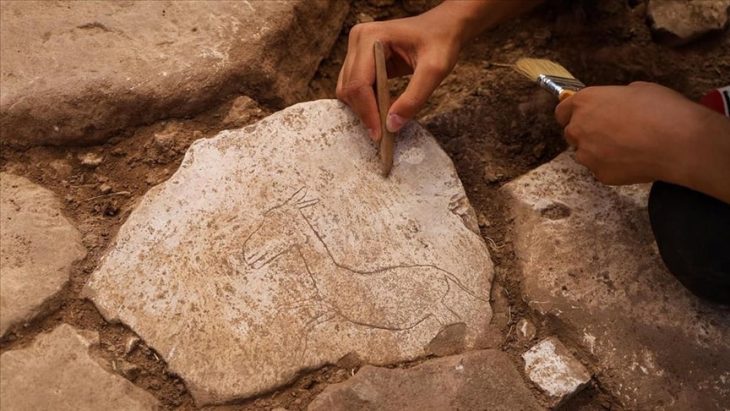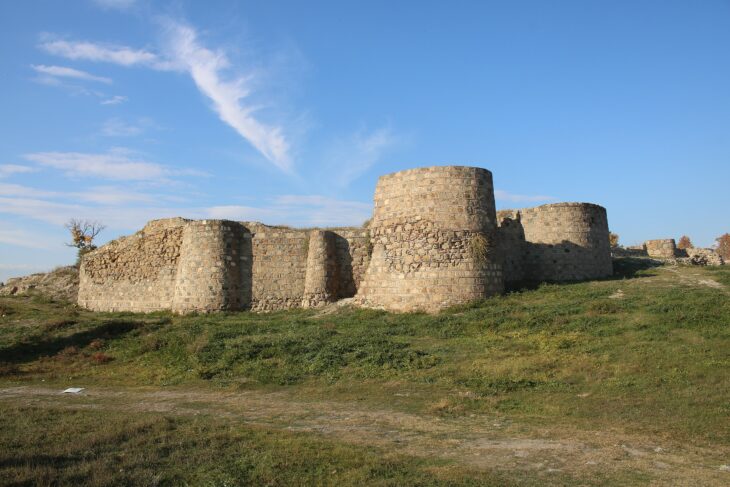A joint Danish-Kuwaiti excavation team led by the Mosgard Museum has uncovered a 4,000-year-old Bronze Age temple linked to the early Dilmun civilization (3,200 to 320 BC) on the Kuwaiti island of Failika in the Persian Gulf.
The Dilmun civilization, described as ‘where the sun rises’ and ‘the land of the living’, was one of the oldest civilizations in the world, located in the eastern part of the Arabian Peninsula. The Gulf archipelago, which is now the Kingdom of Bahrain, was home to the Dilmun’s capital. Because of its advantageous location, the Dilmun civilization was able to grow into a major trading hub. At the height of its power, it dominated the Arabian Gulf’s trade routes. Despite its significance and lengthy history, the Dilmun civilization is regarded as one of the greatest mysteries in history and little is known about it.
The discovery was announced by the Kuwait National Council for Culture, Arts and Literature. The council explained in a press statement that this discovery followed continuous excavation efforts in the eastern region of the palace and temple site of Dilmun on a hill known as “F6,” which dates back to the early Dilmun civilization period in the Bronze Age.
Traces of the wall thought to have been a part of the same temple’s platform were discovered on F6 hill during earlier excavations, and they were dated between 1900 and 1800 BC. The entire temple, which is 11 by 11 meters (36.08 by 36.08 feet) in size, has now been unearthed. Numerous artifacts, including seals and ceramics, have also been found that attest to the temple’s connection to the Dilmun people, an East Semitic-speaking group from eastern Arabia that engaged in extensive trade with Mesopotamian civilizations.
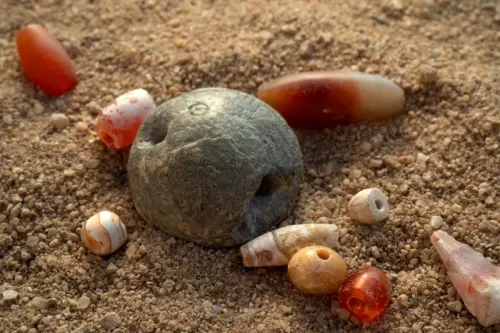
The new finds lie not far from other significant structures linked to this ancient culture, such as ‘the Palace’ and ‘Dilmun Temple,’ meaning this was the second temple discovered in the same general area.
📣 Our WhatsApp channel is now LIVE! Stay up-to-date with the latest news and updates, just click here to follow us on WhatsApp and never miss a thing!!
Head of the Danish archaeological expedition to Kuwait Dr Stefan Larsen said this exceptional discovery is a breakthrough in understanding the religious practices of the Dilmun civilization.
According to the Kuwait Times, Dr. Hassan Ashkenani, a Professor of Archaeology and Anthropology at Kuwait University, pointed out that finding the temple next to a large administrative building hints at the site’s importance as a religious and administrative center for the kingdom.
Kuwait’s National Council for Culture, Arts and Letters (NCCAL) said in the press release that the Kuwaiti-Danish team successfully completed the 2024 exploration season, continuing work from the 2022-2023 seasons.
Cover Image Credit: Kuwait News Agency (KUNA)

